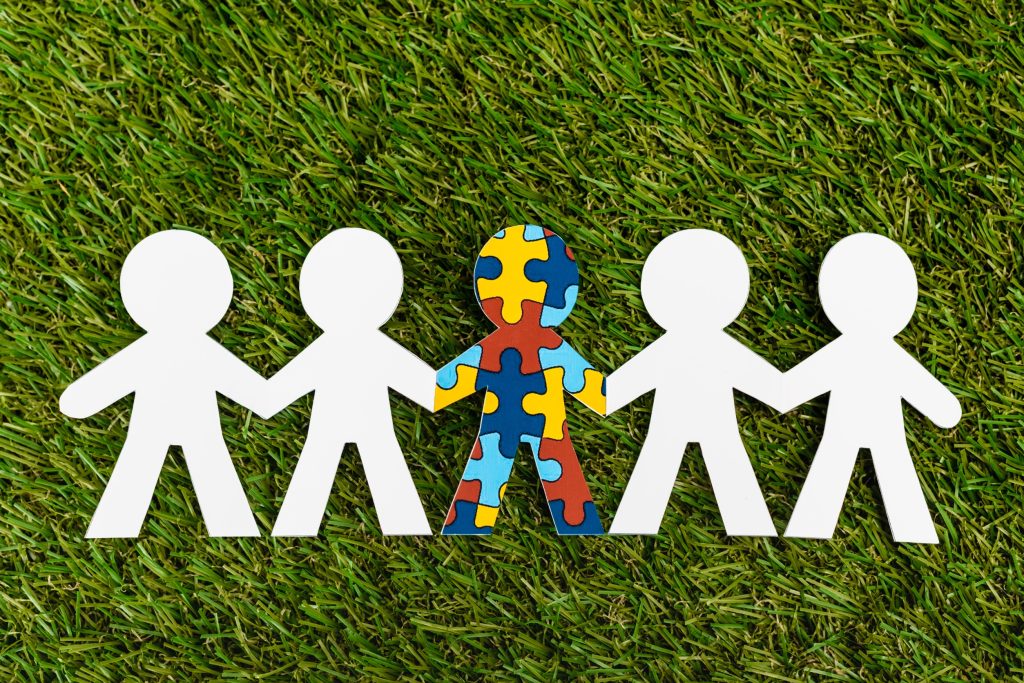It’s not unusual for a child to toss and turn at bedtime or wake up often in the night.
“Sleep problems are very common for children,” says Casey J. Burg, M.D., pediatric sleep specialist and director of Children’s Hospital and Medical Center’s Sleep Lab. “Difficulty falling asleep affects about 35 percent of kids. It is the same percentage for those not getting enough sleep.”
Not getting enough sleep may cause a host of problems. For example, when kids’ sleep gets interrupted, they also could wet the bed because it takes continuous slumber for the body to release the hormone that prevents it. With too little sleep, they end up napping during the day.
“Insufficient sleep and intentionally not having a regular sleep schedule contribute to sadness and depression for kids,” adds Dr. Burg. “They also can have symptoms that resemble those of ADHD—hyperactivity and difficulty concentrating, which can lead to a misdiagnosis.”
One possible cause of poor sleep is sleep apnea, characterized by snoring or taking long pauses between breaths, especially through the mouth. Sleep apnea affects about 1–4 percent of kids. It’s due to a natural blockage in the airways. For kids ages 3–8, the blockage is usually because tonsils or adenoids become enlarged, “part of the normal process of building up the immune system,” says Dr. Burg. Sleep apnea also can be due to obesity, which can weaken the airway muscles.
To find out if a child has sleep problems and to learn about an appropriate treatment, parents may be referred to the Sleep Disorders Center at Children’s. There, an overnight sleep study could reveal other symptoms.
Meanwhile, it’s important to be aware of how many hours of sleep per night a child needs. “The normal amount depends on the child’s age,” says Dr. Burg. “In general, a 10-year-old needs 10 hours and an 18-year-old needs nine. In between those, someone age 14 needs 9½ hours. Under the age of 10, it’s variable, but often, a 5-year-old needs 11 hours. Children under age 5 might need up to 14 hours of sleep.”
Dr. Burg offers these five tips to foster a child’s best sleep:
- SET A CONSISTENT sleep-wake time schedule.
- INSIST ON RELAXING activities before bed—no screen time.
- PERMIT ONLY A light bedtime snack, if any, and one without caffeine.
- ENCOURAGE WHOLESOME MEALS for a healthy weight.
- STRESS DAYTIME EXERCISE for overall health and nighttime sleepiness.
When children get the sleep they need, parents will sleep better, too!



